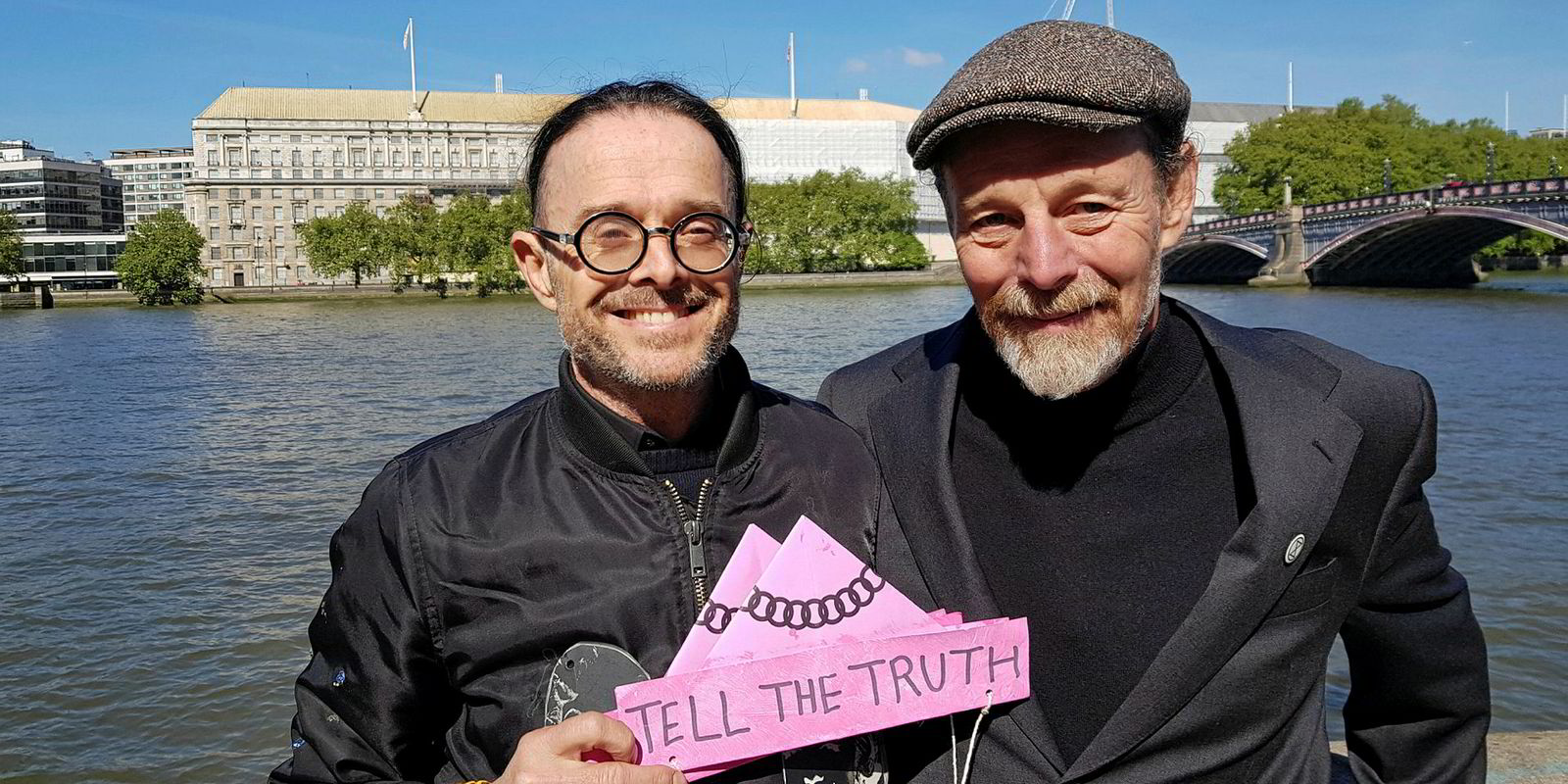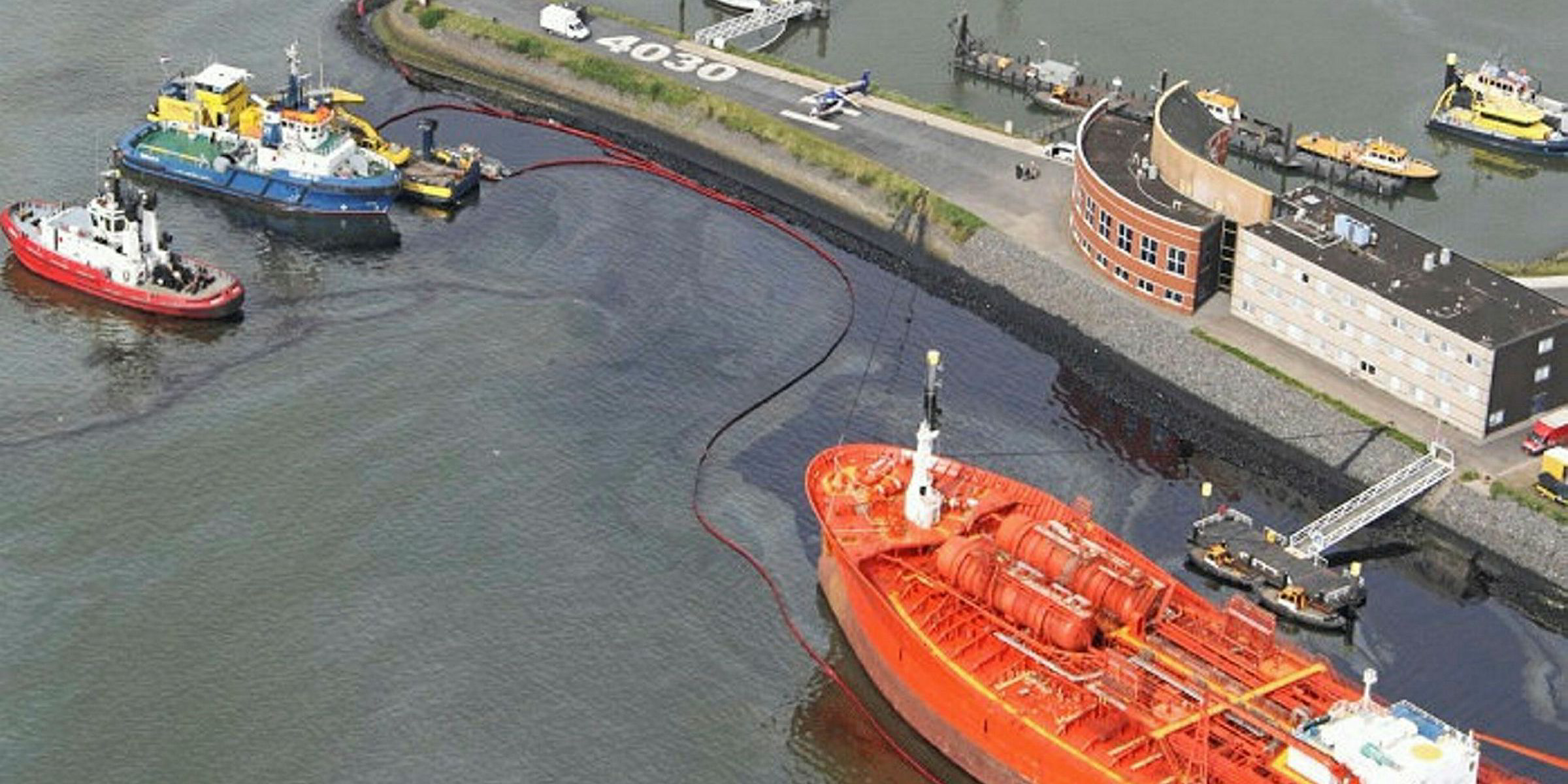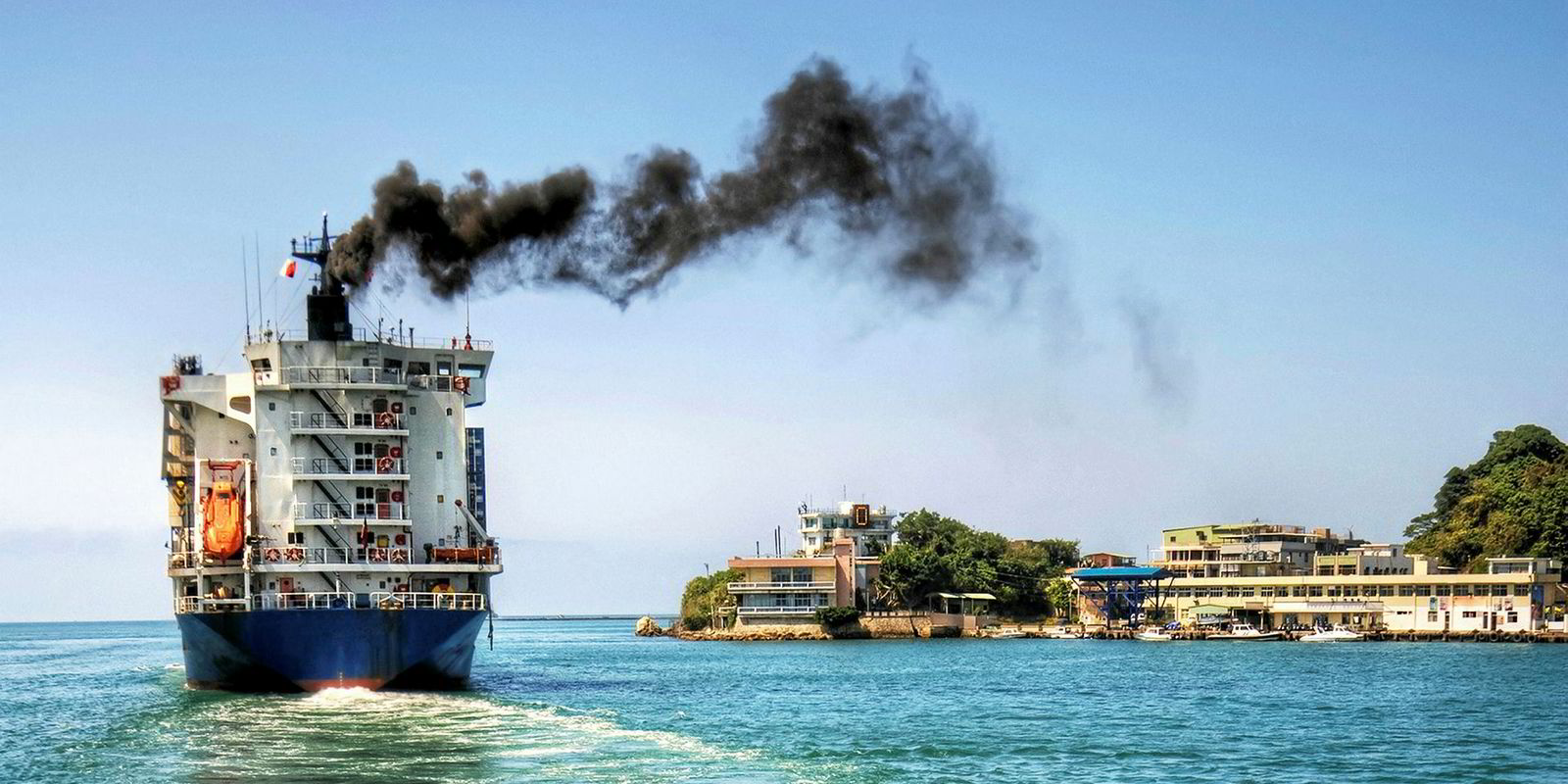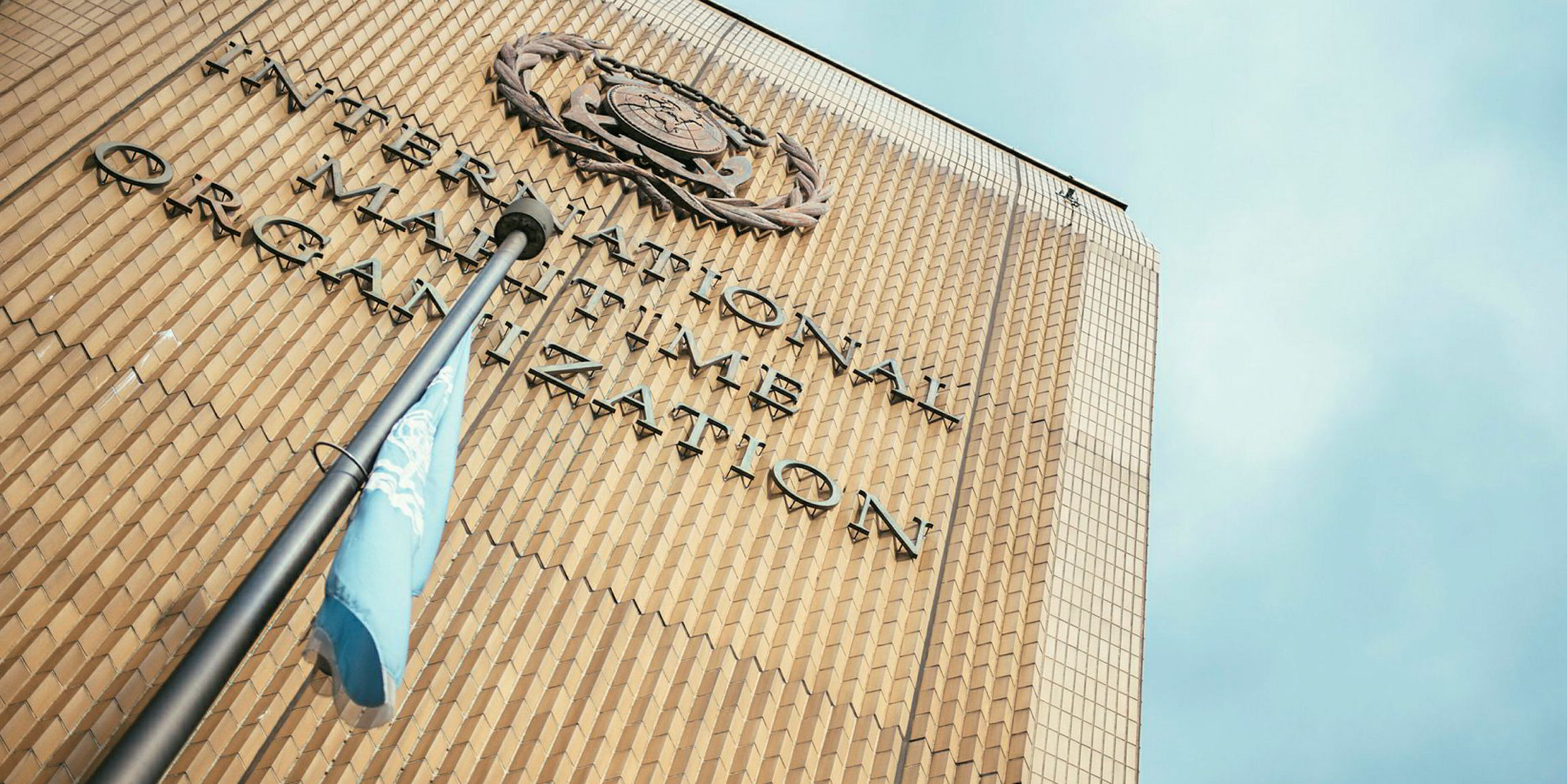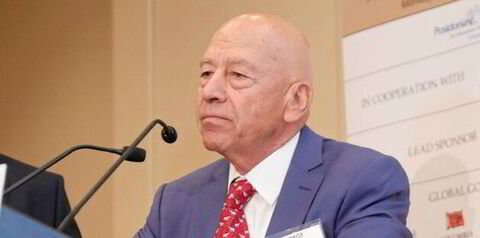Imagine an international regulatory body whose elections are rigged to favour developing countries and involve tacit bribery, the press is gagged and access to public information is controlled.
It sounds like a despotic regime from the Cold War days. But it is actually the unfortunate image of the IMO, a United Nations organisation that was this week engulfed in a heated debate about its modernisation.
Escalating extravagance
Things are about to change. The IMO Council meeting held at its London headquarters made progress on a raft of critical reforms intended to bring the regulator into the 21st century in terms of democracy and transparency.
A paper on ethics submitted by Japan, the UK, the US and others, reveals the sensitive issues the IMO is attempting to tackle.
The ethics paper cites a recent “escalation in the extravagancy of receptions and gifts” given by unnamed member states to influence elections to the IMO Council, which supervises the organisations work.
The sponsors of the paper want the IMO to be subject to the same high ethical standards employed by the UN.
But it is how IMO members get elected to the all-important, 40-member IMO Council that is proving the most controversial of topics.
But it is election to the all-important decision-making 40-member IMO Council that is proving the most controversial in the modernisation talks
Currently, the membership of the powerful A category, 10-country council is dominated by the developed countries, and membership rarely changes.
Democratising the IMO
Another 30 countries hold the less influential category B and C council memberships.
But, according to a submission from Australia, the majority of the IMO’s 150 members currently have no hope of achieving council representation.
That includes the Marshall Islands, for example, a leading flag state and contributor to the IMO coffers.
The small Pacific island also is a victim of rising sea levels and global warming but finds its influence on the discussions limited by its failure to break into the static IMO Council system.
In its paper, Australia claims there is currently no “balance of representation” and calls on the IMO to do away with its hierarchical membership categories.
To create a “more democratic process", it says, the IMO should increase council membership and hold single-ballot elections that would allow small island developing states and the least developed countries a fair chance of being elected.

Other matters on the agenda include removing restrictions on press, which currently have to seek approval before quoting government representatives who appear at public IMO debates.
While another paper calls on the IMO to make it easier for non-governmental organisations to gain consultative status at the IMO, allowing them to contribute to discussions. It is a development that China, perhaps unsurprisingly, strongly opposes.
Public access
But, in the same paper, Australia, Brazil and France call on the IMO to drop its constitutional right to terminate the consultative status of NGOs that criticise the regulator's decisions.
Other suggestions include allowing greater public access to IMO documentation, live video streaming and public access to IMO discussions, and a fund to help finance developing country participation at IMO talks.
But why should the IMO’s constitutional matters be of interest to the wider shipping industry?
Here is why shipowners need to sit up and take notice. The greenhouse-gas (GHG) debate will have the greatest influence on the shipping markets and financial fortunes of shipowners in the future.
Radical reforms
Broader democratic representation from developing countries, and those impacted by climate change, as well as NGOs, and greater public access to information, will all influence the IMO’s decision-making.
It could make the IMO’s future climate change regulation more radical, or, it could become more regionally diverse to protect the economic interests of developing countries.
Widening representation could even complicate discussions and delay decision-making further.
But for sure, the whole IMO GHG emission reduction project, especially as it heads toward its 2050 targets, is set to be hugely influenced by the modern more democratic IMO that is starting to take shape today.
